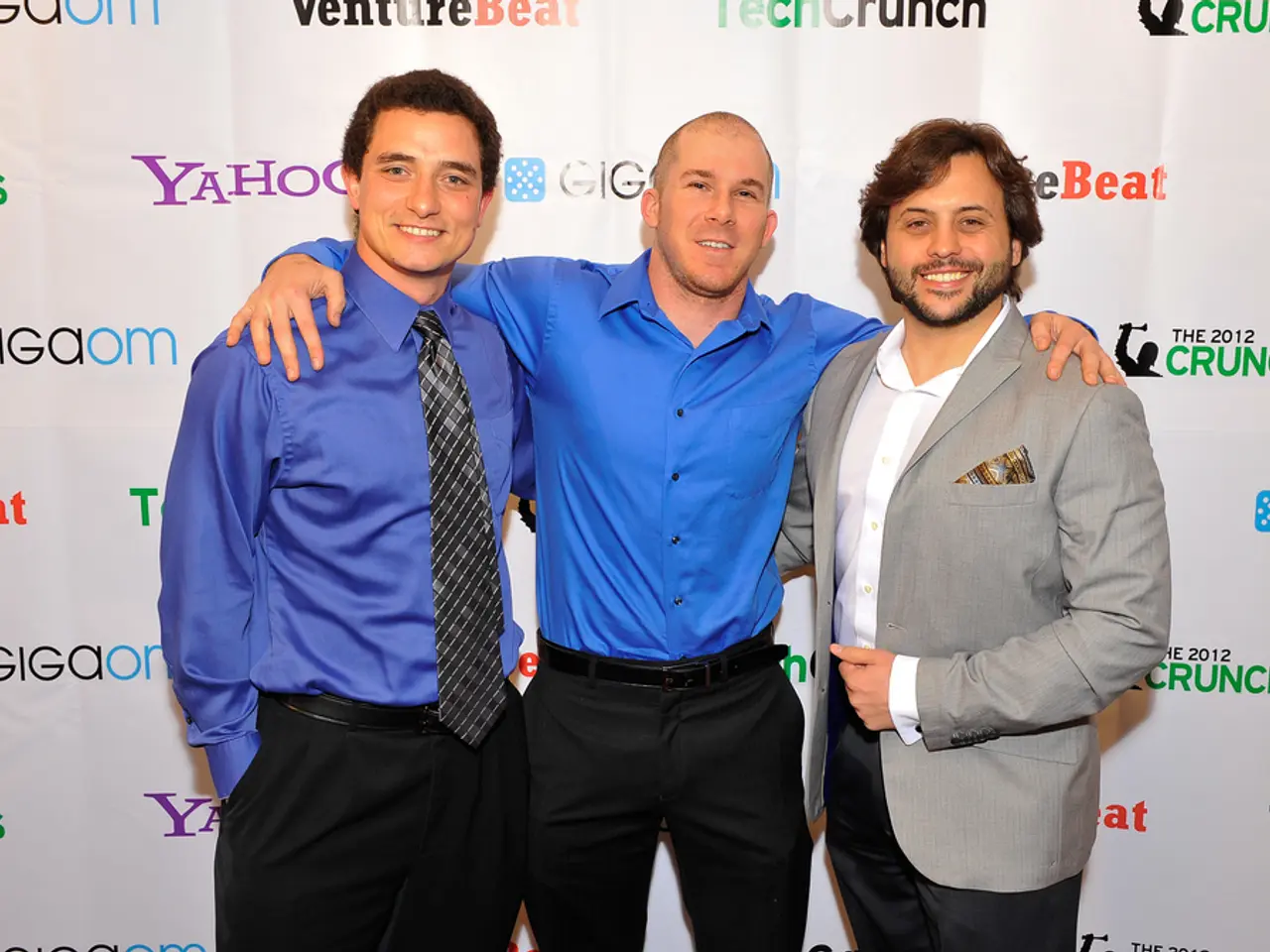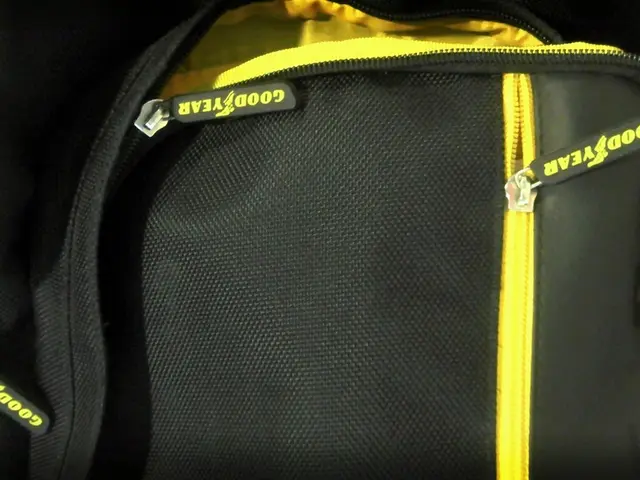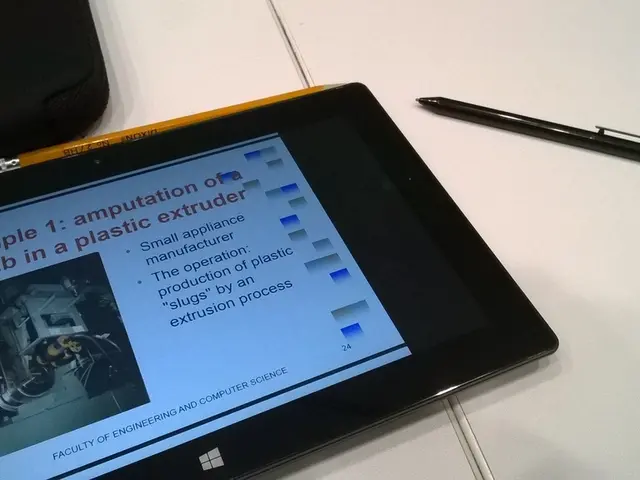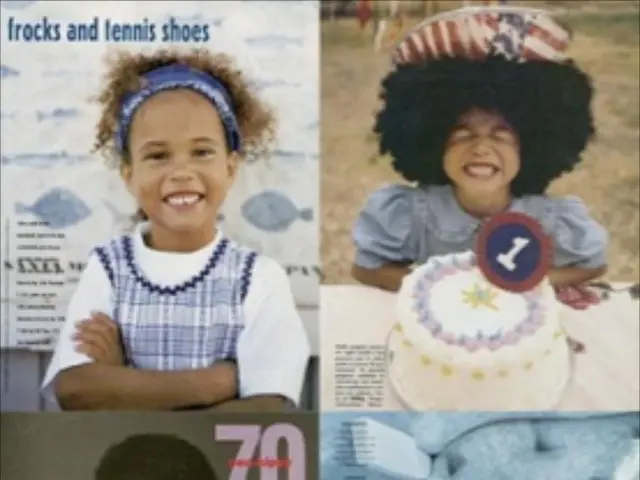Charity Receives AirTag-equipped Sneakers: Secretive Donation Prompts Response from the Organization
In a unique experiment, German influencer Moe.Haa donated a pair of sneakers through the German Red Cross, only to find out that they ended up in a second-hand clothing market in Bosnia-Herzegovina.
The sneakers were tracked using an Apple AirTag, revealing a journey that spanned several European countries, including Austria, Slovenia, Croatia, and Bosnia-Herzegovina. The shoes traveled approximately 497 miles during their journey.
Moe's conversation with a seller at the market in Bosnia revealed that the sneakers were imported from Germany, but the seller did not confirm they were from donations. Instead, they were sold for 10 euros (around 20 BAM) at the second-hand clothing market.
This incident raises questions about where donated items end up and whether they're reaching people in need or getting funneled into resale markets. The German Red Cross, which manages about 25,000 of the 120,000 metal collection bins for old clothes in Germany, has a sorting process where suitable clothes are distributed, but surplus items are routinely sold. Proceeds from these sales contribute financially to Red Cross missions but do not always ensure clothes reach needy people locally or immediately.
This indicates that while donations support the German Red Cross's work financially, a portion of donated clothing does circulate in secondary markets rather than strictly reaching people in need.
The lack of transparency in the donation process might affect the public image of non-governmental organizations running similar programs. This is not a unique phenomenon; Brandy Deason conducted a similar AirTag experiment in Houston to expose problems in plastic recycling.
These experiments encourage everyone to question the effectiveness of charitable efforts in reaching those they are meant to help, without unexpected detours along the way. They also highlight the importance of examining how donated items are managed, particularly in the context of environmental challenges and growing awareness of ethical practices worldwide.
In response to Moe's findings, the German Red Cross explained on TikTok that donated clothes which aren't suitable for direct donation are sold off to recycling or resale companies, with the funds being funneled back into humanitarian efforts. This call to action for increased transparency and accountability in the management of donated items by non-governmental organizations is gaining momentum.
Sources:
[1] Deutsches Rotes Kreuz (German Red Cross). (n.d.). Donate clothes. Retrieved from https://www.rotkreuz.de/hilfe/spenden/kleidung/
[2] Moe.Haa. (2022, March 16). Die Geschichte meiner Sneaker [The story of my sneakers]. TikTok video. Retrieved from https://www.tiktok.com/@moehaa/video/7005747027987373440
[3] Deutsches Rotes Kreuz (German Red Cross). (2022, March 16). Antwort auf Moe.Haa [Response to Moe.Haa]. TikTok video. Retrieved from https://www.tiktok.com/@rotkreuz/video/7005805331677977794
[4] Deutsches Rotes Kreuz (German Red Cross). (n.d.). Donation bins. Retrieved from https://www.rotkreuz.de/hilfe/spenden/metall-spenden-container/
- The journey of Moe.Haa's donated sneakers, tracked using technology like Apple AirTag, highlights the need for education and self-development in understanding where donated items ultimately end up, whether they reach people in need or gravitate towards social-media marketplaces or entertainment outlets like general-news.
- The revelation that donated items may not always reach their intended recipients, but may instead circulate in second-hand markets for profit, raises concerns about the impact of such practices on the public's perception of non-governmental organizations. This issue is not limited to clothing donations, as illustrated by Brandy Deason's AirTag experiment in Houston with plastic recycling.
- As a result of increased transparency demands, non-governmental organizations are reevaluating their practices for managing donated items, especially in light of environmental challenges and growing awareness of ethical practices worldwide. This shift underscores the importance of technology, like trackable devices, in ensuring the effectiveness of charitable efforts and their ability to truly help those in need.




